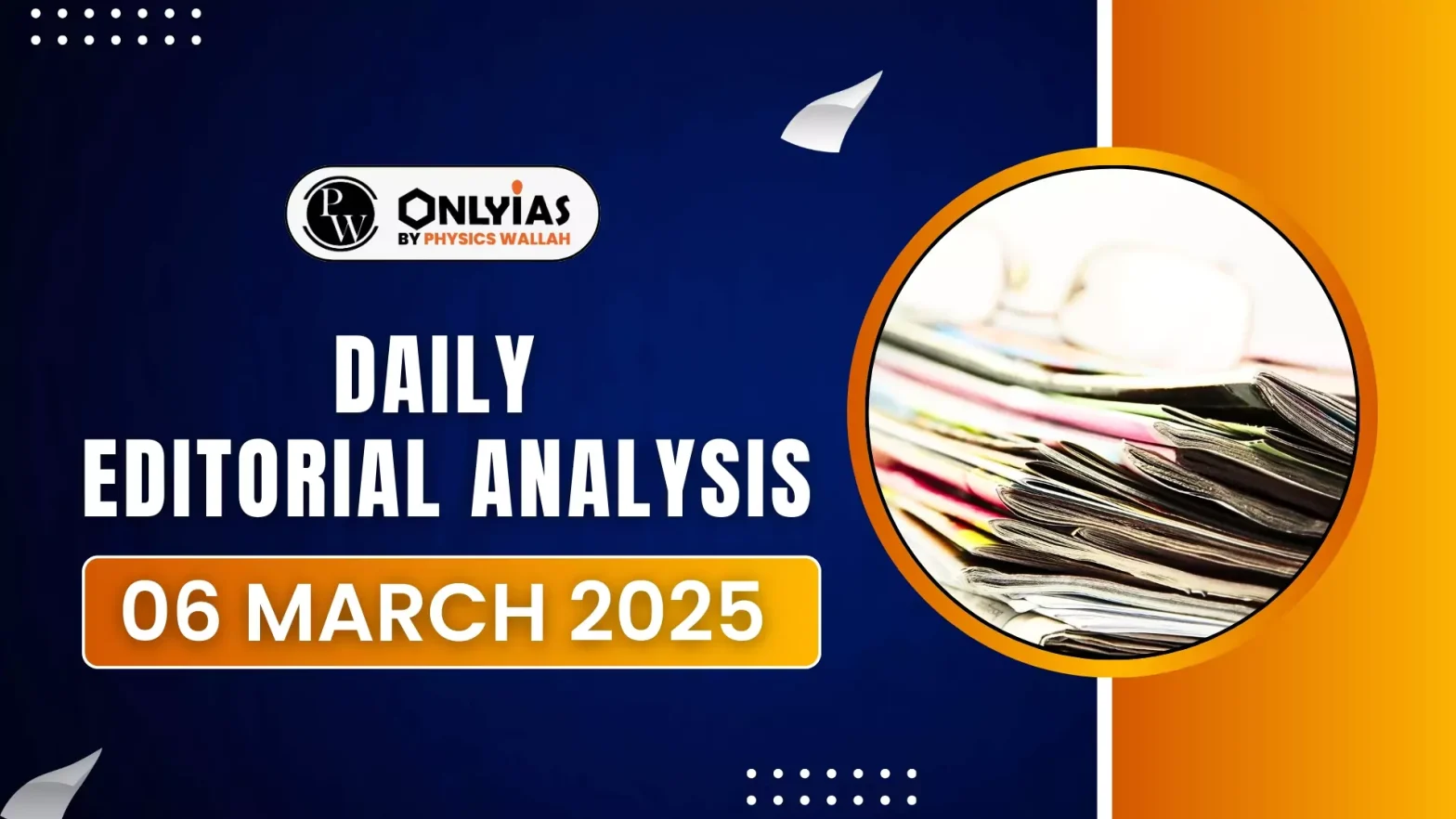The Supreme Court’s ruling in Dr. Tanvi Behl vs Shrey Goyal (2025) struck down domicile-based reservations in post-graduate medical admissions in State-run medical colleges.
Key Highlights of the Judgment
- Violation of Article 14: The Court held that such reservations violate Article 14 (Right to Equality) of the Indian Constitution.
- Abolition: The ruling eliminates domicile-based reservations that States used to retain doctors trained in local medical colleges.
- Meritocracy: It prioritizes meritocracy but overlooks the public health planning needs of States.
- Centralization: The judgment centralizes medical education policies, potentially discouraging State investments in government medical colleges.
Impact of abolishing Domicile Based Quotas
- Advantage: Undergraduate admissions recognize regional and socio-economic disparities, but the same is not applied to post-graduate admissions.
- Domicile-based reservations ensure that States retain doctors trained in their institutions, helping address healthcare access issues in underserved areas.
- Medical Workforce: States invest heavily in medical education, expecting graduates to contribute to local health care. Domicile-based quotas ensured a steady supply of doctors familiar with the State’s health landscape.
- Specialist Availability: Unlike MBBS programs, where students gain basic medical education, post-graduate courses produce specialists.
- Striking down domicile reservations disrupts this pipeline, forcing States to rely on unpredictable external recruitment.
- Weakened Incentive: Without assured retention of trained doctors, States may reduce funding for medical colleges. This could lead to declining infrastructure and worsening regional health-care disparities.
- Unequal Autonomy: AIIMS, PGIMER, and JIPMER retain selection autonomy, allowing them to align admissions with their objectives.
- State medical colleges, despite being crucial to public health, now lack similar control, limiting their ability to plan for long-term healthcare needs.
- Over Centralization: Excessive centralization undermines State-specific health policies. Judicial rulings should consider the role of State medical colleges in public health planning.
- State legislatures and courts must recognize that medical education policies directly impact health-care infrastructure.
Medical Education and Public Health Connection
- Constitutional Perspective: Article 21 guarantees the right to life, including access to health care. Public health falls under State jurisdiction, requiring State autonomy in medical admissions.
- Approach: Government medical colleges are not just educational institutions but vital components of State health infrastructure.
- A systems-based approach is needed to integrate medical education with public health needs.
Issues with Strict Merit Based System
- Structural Inequities: The Supreme Court’s rigid meritocratic framework in medical admissions overlooks structural inequities in India’s entrance system.
- Issues with NEET-PG: The percentile-based cutoff system has led to instances where candidates with negative marks qualify.
- In 2023, the National Medical Commission (NMC), under Ministry of Health directives, reduced the NEET-PG and Super Specialty cutoffs to zero to fill vacant seats.
Problems Associated with the Current SC Ruling
- Misapplication of Meritocracy: The ruling misapplies meritocracy by ignoring public health governance realities. It blurs the distinction between:
- Constitutional interpretation (protecting fundamental rights)
- Detailed policy design (best left to legislatures and States)
- Centralization: Increased central control over medical admissions could weaken State investment in medical education , exacerbate regional healthcare disparities and erode competitive federalism by discouraging local innovation
Way Forward
- Broader Merit Concept: Past judgments have emphasized that merit should be assessed within its social context:
- Jagdish Saran & Ors vs Union of India (1982)
- Pradeep Jain vs Union of India (1984)
- Neil Aurelio Nunes vs Union of India (2022)
- Om Rathod vs The Director General of Health Services (2024)
- These cases stressed that administrative efficiency should not be based on abstract merit alone but rather on outcomes that promote societal good and reduce inequalities.
- Recommendations: The Economic Survey 2024-25 supports the idea that candidates who remain and serve in their home States contribute to better healthcare accessibility.
- Domicile-based reservations help bridge regional disparities, aligning with a more inclusive definition of merit.
- Reassessment: The Supreme Court’s ruling aligns with Pradeep Jain (1984) and the Constitution Bench, but requires reconsideration in the context of current healthcare challenges. The healthcare landscape has evolved, with specialist retention in State systems becoming more urgent due to:
- COVID-19 pandemic lessons
- Rising burden of non-communicable diseases (NCDs)
- Service-Linked Quotas: Instead of outright elimination, domicile quotas could be linked with public service obligations. Tamil Nadu’s medical education model integrates quotas with mandatory service in public institutions, ensuring:
- Better healthcare access
- Return on State investment in medical education
- Similar policy models deserve judicial and legislative consideration.
- Judicial Doctrine Evolution: The Court’s assumption that domicile quotas pose a national risk is misplaced. Excessive centralization could harm federal health policy by limiting States’ ability to:
- Tailor policies to local healthcare needs
- Develop sustainable, long-term medical education strategies
Conclusion
A balanced approach that considers social equity, regional healthcare needs, and administrative efficiency is essential to creating a just and effective medical admission policy.
![]() 6 Mar 2025
6 Mar 2025
